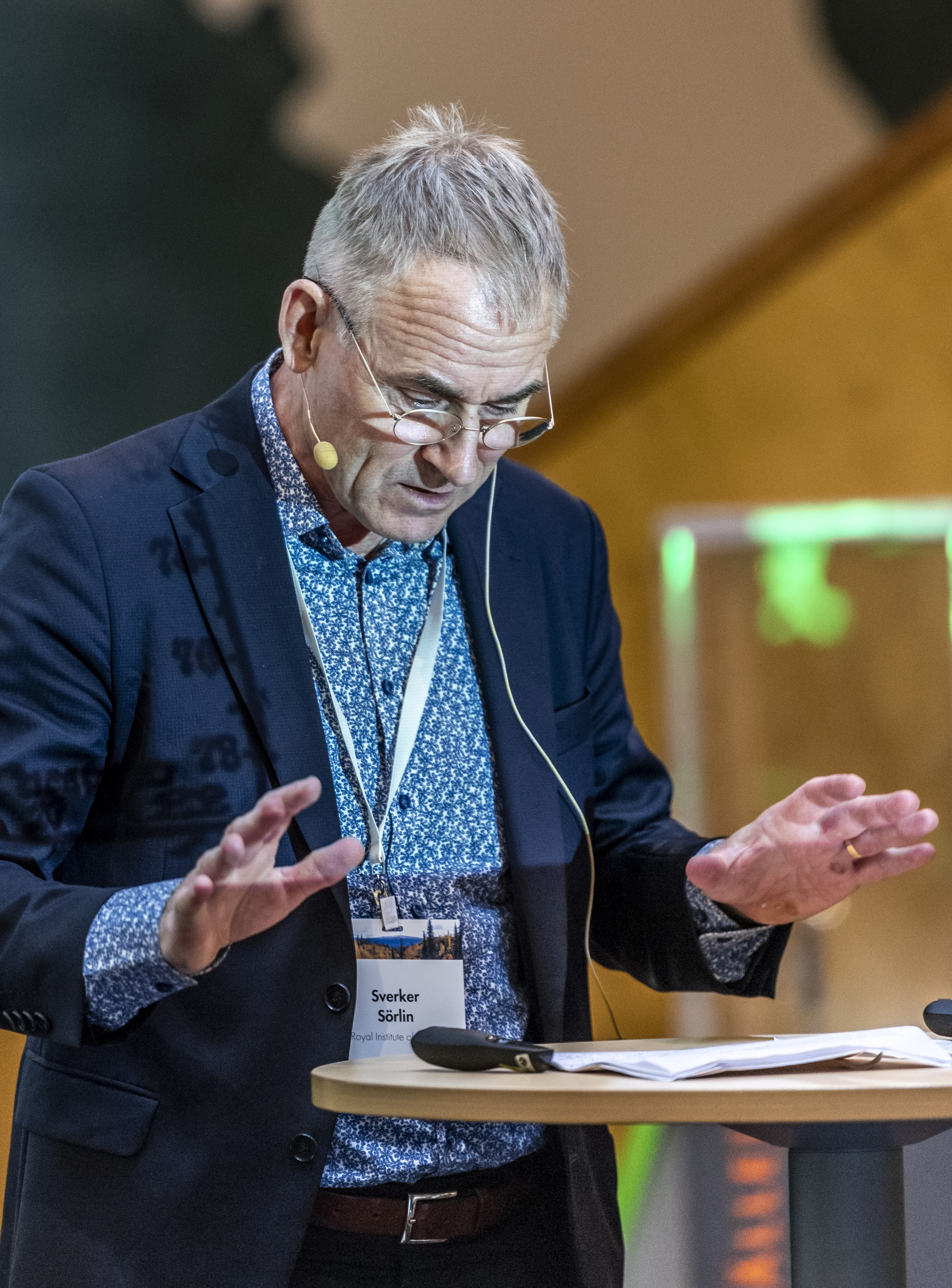REXSAC researcher Sörlin featured in coronavirus article in Arctic Today
Large financial aid packages could be used to speed up transition to a greener world, experts say in an article in Arctic Today.
REXSAC researcher Sörlin featured in coronavirus article in Arctic Today
If one lives in the Arctic, where warming of the atmosphere and the seas happens much faster than in the rest of the world, perhaps some of this seems like a glimmer of good news in the middle of the horrific pandemic. But the current drop in emissions is not likely to be long-lasting:
“All CO2 that does not go into the air is good news, and it is tempting to be overjoyed, but corona will not solve the problem. We will have short additional breathing space of four to six months, but then it will be back to the usual, and the CO2 that is already in the atmosphere will remain there for hundreds of years,” says Janos Pasztor, former United Nations assistant secretary general for climate change under Secretary-General Ban Ki-moon, who now serves as executive director of the Carnegie Climate Governance Initiative.
In order to keep their economies somewhat intact, central banks and governments in Europe, the U.S., Russia and elsewhere are designing historically large financial aid packages for people who lose their jobs and for businesses hard hit by the global freeze. The reaction to the pandemic has been massive and almost instant, whereas the climate crisis is still met with hesitation:
“Humanity faces two threats, but they are developing in two different tempi, and our reaction to the pandemic reflects both our evolutionary and our sociological programming. The empathy we feel towards our fellow human beings, is an enormously powerful impulse. More than 10,000 have died in a couple of months, and as a species we cannot stand to see others suffer and die. Meanwhile, over the last 200-300 years, we have designed a political and economic system that is designed to react to exactly this kind of short term threat,” Sverker Sörlin tells me as he coughs. A climate historian, he is himself under treatment for corona in his home in Stockholm, where he is a professor at Sweden’s Royal Institute of Technology and a member of the Swedish government’s climate advisory council.
“Now it is all about understanding the time factor. I think, we will eventually come to understand corona as a parenthesis in history. The virus is a much more short-lived adversary than climate change. The corona crisis confronts us with abnormal phenomena: large-scale unemployment, radical growth in national debt and a colossal pressure on our health care systems and on civil society. But most of it will be over this year or the next, when we may possibly also have a vaccine,” he says.
“The climate has a completely different time scale. That is why efforts to combat climate change may always disappear in a compromise, but that is serious mistake. Many lives are already lost and many economies damaged by climate change. The climate crisis calls for a planetary transformation over the next half century, that will look much more like the coming of a new modernity and affect our relations with all the species of Earth and all of its natural resources,” Sörlin says.




